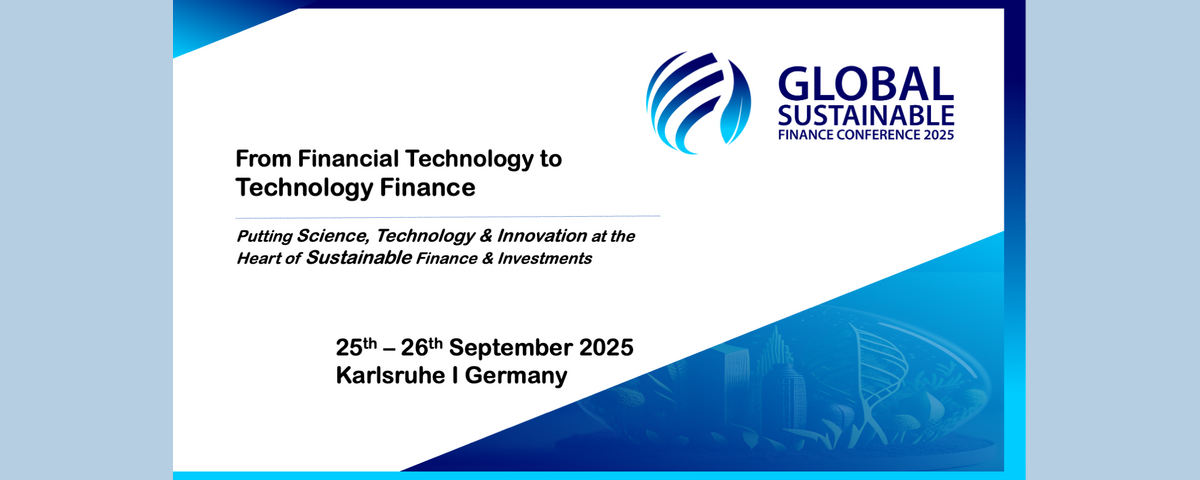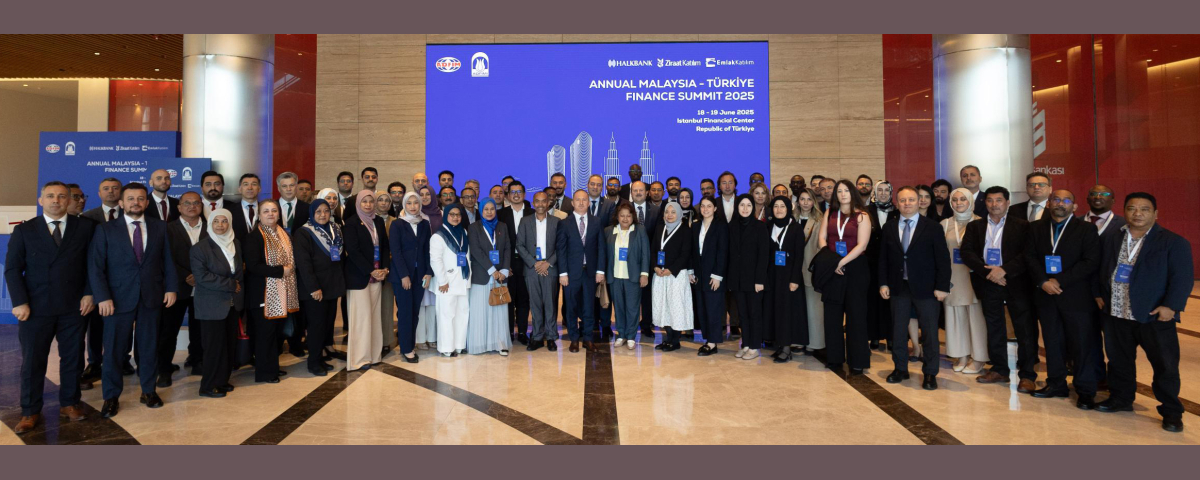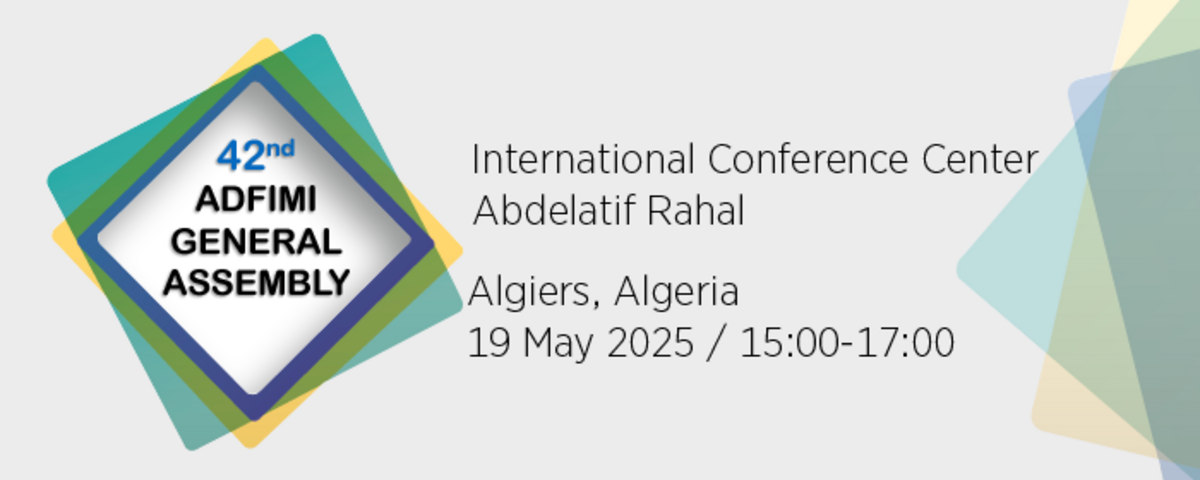The State of World Agriculture 2007 FAO Report
ABSTRACT from the Foreword
Despite unprecedented global economic growth, 1.1 billion people continue to live in extreme poverty and more than 850 million people suffer from chronic hunger while ecosystems are being threatened as never before. Poverty reduction, food security and environmental sustainability have all moved to the top of a crowded international agenda, as reflected in the Millennium Development Goals. At the same time, the close relationships among poverty, hunger and ecosystem degradation are becoming ever clearer. Most of the world’s poor people live in rural areas, many of them in marginal environments, and depend on agriculture for their livelihoods. Agricultural development is therefore crucial for alleviating poverty on a large scale. Such development would also require that the natural resource base on which the poor depend for their livelihoods be preserved and enhanced.
Agriculture often lies at the centre of the complex set of problems surrounding ecosystem degradation. It contributes to the problems and suffers from many of the consequences, but at the same time it offers possible solutions. Modern agriculture has been very successful in providing the ecosystem services for which markets exist – crops, livestock, fish, and forest products – in ever greater quantities. But the expansion of these services has often been achieved at a high cost to other ecosystem services, such as regulation of climate, water and biodiversity, which are necessary to sustain human life.
The State of Food and Agriculture 2007 highlights the potential of agriculture for enhanced provision of ecosystem services that are not usually compensated for by the market. When we think of farmers, we typically think of the food and fibre that they produce and that they either consume or sell on markets to generate an income. But the production processes can also result in impacts on other ecosystem services that are not traded in markets, referred to in this report as “environmental services”.
Payments for environmental services have also attracted attention for their potential to mobilize new sources of finance to support sustainable environmental management in developing countries and to contribute to poverty reduction and agricultural development.
This report examines this approach to enhancing environmental services through the lens of managing agriculture to meet the agricultural and environmental demands of the future. In addition, it examines the potential of this mechanism to contribute also to poverty reduction. Of the numerous services to which agriculture can contribute, this report highlights three: climate change mitigation, enhanced quality and quantity of water provision and the preservation of biodiversity.
One of the points made in this report is that agriculture can be an important source of improvements in the environmental services provided to humanity by ecosystems. Agriculture employs more people and uses more land and water than any other human activity. It has the potential to degrade the Earth’s land, water, atmosphere and biological resources – or to enhance them– depending on the decisions made by the more than 2 billion people whose livelihoods depend directly on crops, livestock, fisheries or forests.
Payments for environmental services can increase the incomes of farmers who produce the services. Other poor households may also benefit, for example from increased productivity of the soils they cultivate or improved quality of the water they drink. But the distribution of benefits depends on who produces the environmental services and where. Environmental service payments can contribute to alleviating poverty, but such poverty-reducing effects are neither automatic nor universal. In some cases, payments may also have adverse impacts on poverty and food security, for example if they reduce agricultural employment or increase food prices. Furthermore, the administrative costs of payment schemes that fully integrate the poorest farmers may be large, while other barriers, such as absence of clearly defined property rights,
may prevent the poor from participating.
A major challenge is to design payment schemes in such a way as to avoid negative
impacts on the poor and to enable poor farmers to participate.
Confronting the interrelated challenges of eradicating poverty and hunger and preserving the world’s ecosystems will continue to require purposeful and decisive action on a range of fronts. Payments for environmental services are not widely implemented in developing countries at present, and much work remains to be done to unlock their full potential.
Jacques Diouf
FAO DIRECTOR-GENERAL


.jpg?id=4_638)



